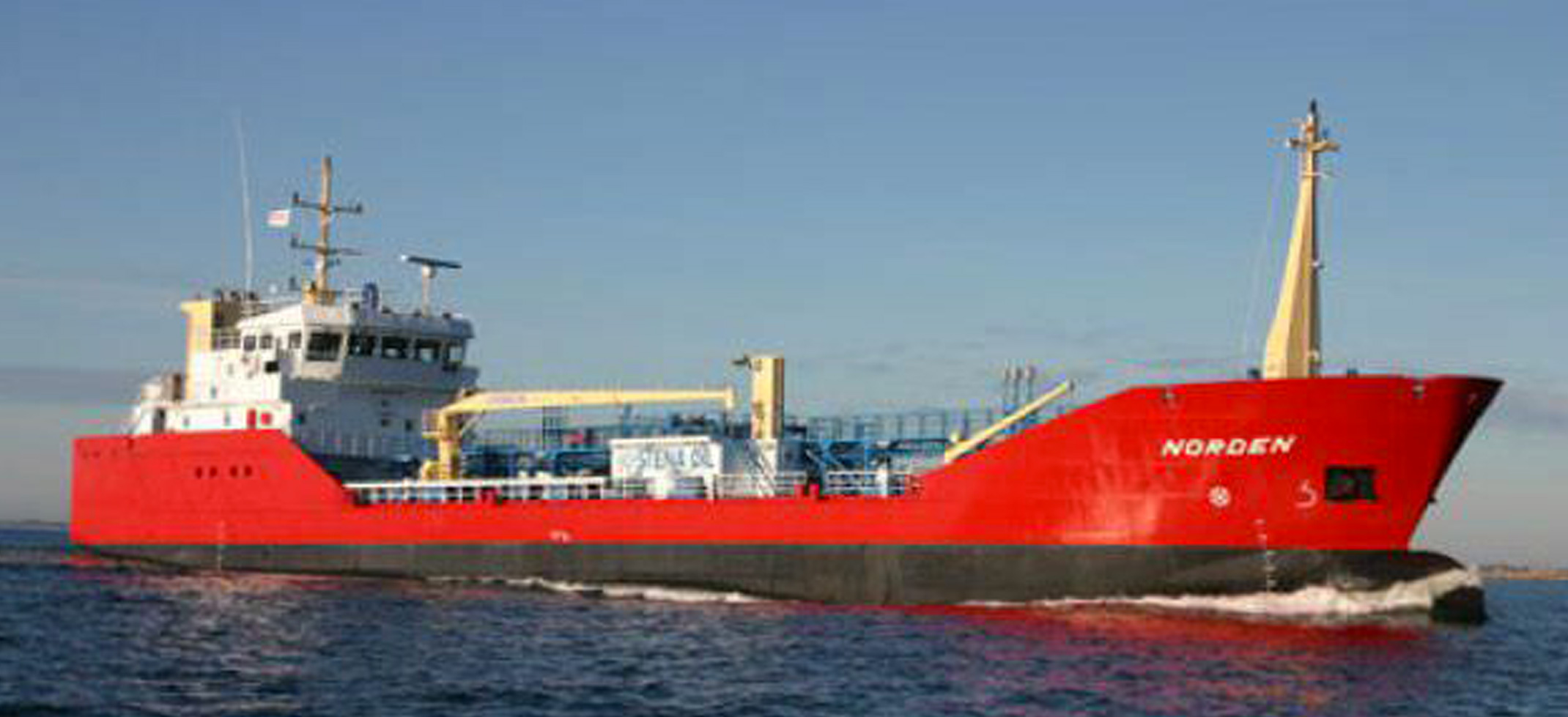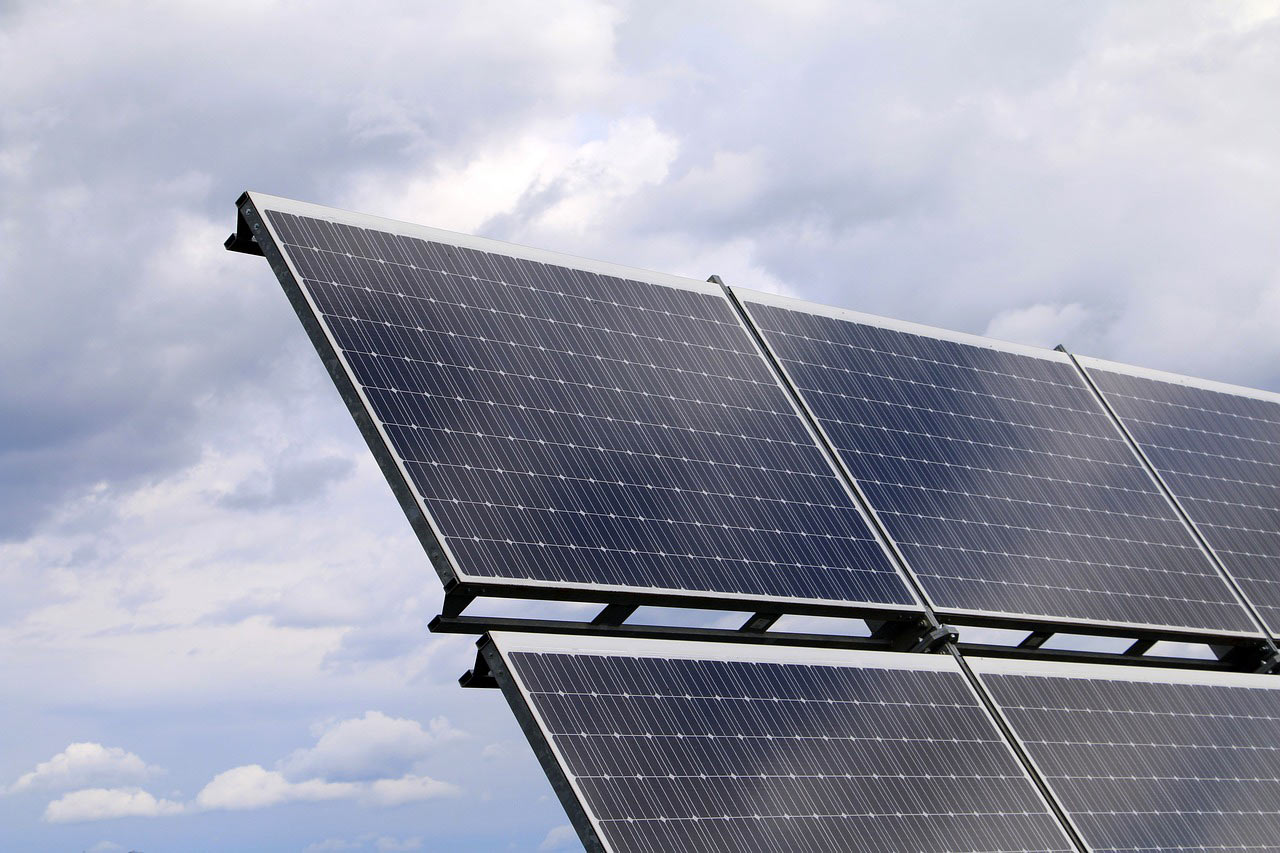The ADAM4EVE project has identified more than 20 innovative results that will pave the way for the development of new, adaptive, modern and efficient ship designs. These new designs are more in tune with ship operating reality – which sees vessels usually spend a large part of their service life operating in situations other than their original design conditions. ADAM4EVE also took into account environment concerns such as carbon emissions and fuel consumption, as well as safety and passenger comfort.
Some of the project results – such as innovative glass, coatings and insulation materials – yield significant energy savings and have been deemed mature enough for commercialisation. Other results, for example adaptive hull structures, have proven to be feasible, but will require further research, development and testing before being ready for market introduction.
One of the more promising results was the development of a pneumatically-driven adaptive stern flap that was found to improve the efficiency of RoPax vessels (designed to carry wheeled cargo) and save fuel.
The stern flap can be lowered and retracted depending on the changing operational environment of the ship. The technology also benefits from low installation costs.
Using this technology means that, unlike conventional ship hulls, a vessel’s performance can be optimised under different conditions including varying cargo, shallow water, wind and waves.
Another development conceived by the project involved creating adaptive damping systems for thrusters in order to increase comfort levels on cruise vessels. Bow thrusters often produce high levels of noise and vibration but the easily-installed active control system reduces vibrations in areas where local modes are matched with the bow thruster excitation frequency.
More information: http://www.heatexchanging.com






